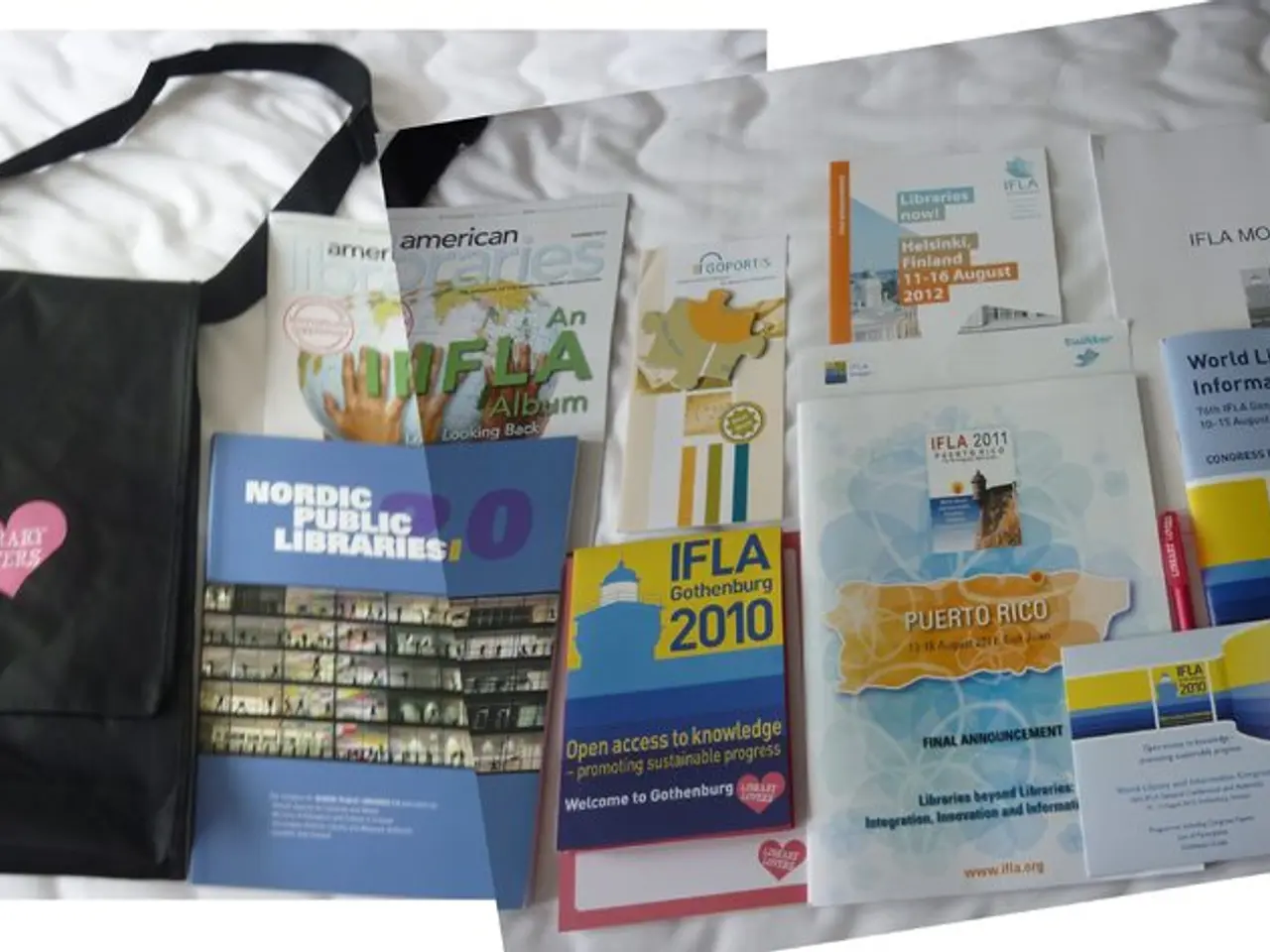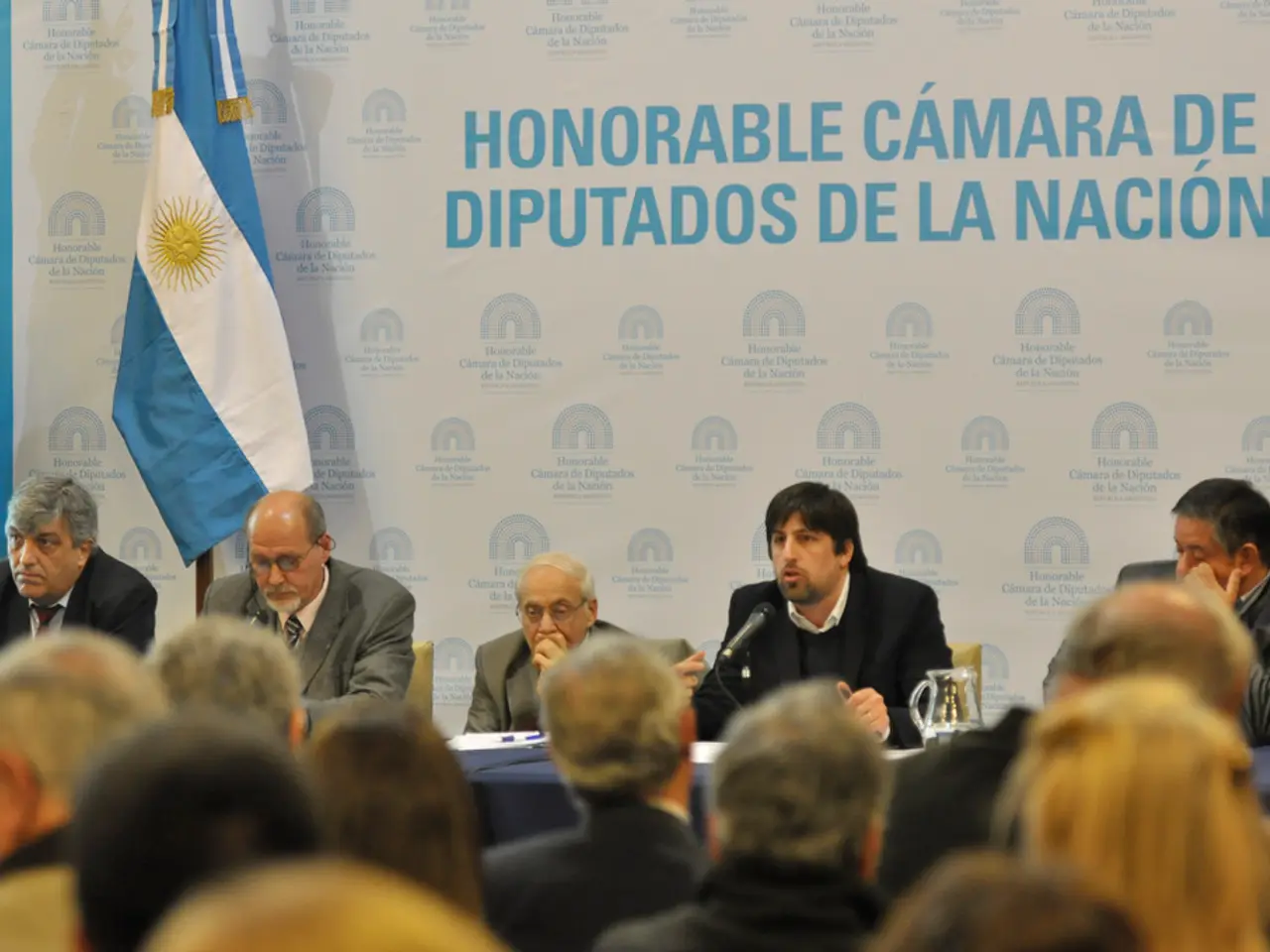Iraq reaches agreement with Kurdish region over oil exports and wage disagreements
In a significant development, the Iraqi government and the Kurdistan Regional Government (KRG) have reached an agreement on oil exports, ending a two-year-long standoff. The deal aims to integrate Kurdish oil into Iraq’s national export framework and promote financial cooperation between the two parties.
Under the terms of the agreement, the KRG will supply Iraq’s state oil marketer SOMO with at least 230,000 barrels per day of crude oil. Baghdad, in turn, will pay the KRG an advance of $16 per barrel as a production fee, a provision set in amendments to the federal budget law and approved by the cabinet.
The agreement also addresses financial arrangements, with Baghdad committing to immediately begin disbursing salaries and financial entitlements for the Kurdish region. The KRG, on the other hand, will transfer an initial estimated amount of 120 billion Iraqi dinars ($91.6 million) for May as a non-oil income, according to the agreement.
A joint working group from both the federal and Kurdish audit boards will review and classify oil revenues to determine Baghdad’s share, aiming to maintain transparency and cooperation. This move away from independent oil sales by the Kurdistan region, which was previously ruled illegal by the International Chamber of Commerce arbitration tribunal, is expected to lead to the resumption of exports via the pipeline to Turkey’s Mediterranean port, which was shut down in March 2023 following legal and payment disputes.
The deal reflects a move towards resolving issues within the constitutional framework and respecting prior agreements, ensuring the financial rights of the Kurdish people are met without political dispute. However, challenges remain, such as international oil companies demanding contract clarity and compensation for past dues before resuming operations, and operational setbacks caused by recent drone attacks on oil fields.
This agreement could potentially reset the strained relationship between Iraq and the Kurdistan Region over oil exports and public sector salaries, paving the way for political and financial stability in the region. The KRG will deliver all crude oil produced from their oilfields to SOMO for export, with at least 230,000 barrels per day handed over to Baghdad, and the remaining 50,000 barrels reserved for local consumption. Any further increase in production will also be handed over to SOMO.
The control over the development of natural resources has been a longstanding issue since the 2003 US-led invasion, and this agreement marks a significant step towards resolving this dispute. The court previously demanded the region hand over all oil sector activities to Baghdad, including exports, but this agreement provides a more collaborative and mutually beneficial solution.
- The agreement on oil exports between the Iraqi government and the Kurdistan Regional Government (KRG) is a step towards addressing the longstanding issue of control over natural resources, given the significant step towards resolving this dispute marked by the agreement.
- The deal allows KRG to supply Iraq’s state oil marketer SOMO with at least 230,000 barrels per day of crude oil, with Baghdad paying the KRG an advance of $16 per barrel as a production fee, as per amendments to the federal budget law approved by the cabinet.
- The energy sector, political landscape, and general-news in Iraq could experience renewed stability following the conclusion of this agreement, as the KRG's move towards integrating oil exports into Iraq’s national export framework could potentially reset the strained relationship over oil exports and public sector salaries.








